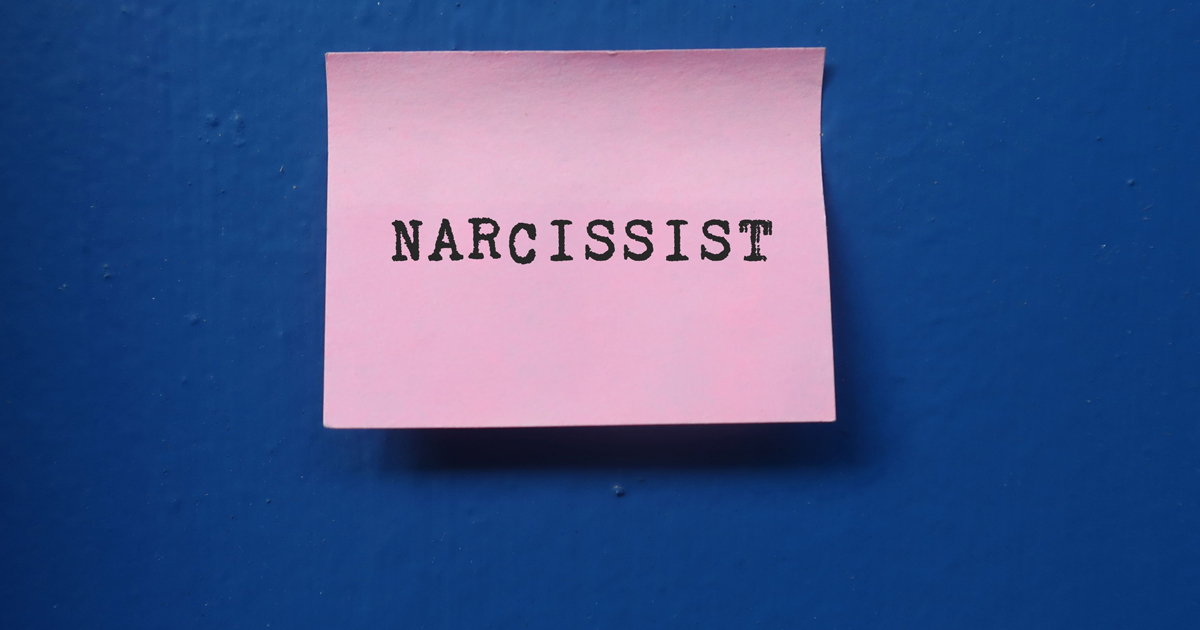Coercive control is a pattern of manipulative and controlling behaviours within a relationship. It is a form of domestic abuse which strips a person of their freedom and independence over time. Unlike physical violence, coercive control can be subtle, making it difficult for victims to recognise the abuse.
In Singapore, while there is growing awareness about domestic abuse, coercive control remains a lesser-known but significant issue that affects many individuals in intimate relationships.
12 Common Signs of Coercive Control
- Isolation from Support Systems – The abuser limits your contact with friends and family to prevent you from receiving emotional or practical support.
- Constant Monitoring – Your activities are tracked throughout the day, whether through messages, phone calls, or location tracking.
- Restriction of Freedom and Autonomy – You may be prevented from working, attending school, or even using your own phone and social media accounts.
- Gaslighting – The abuser manipulates reality, making you doubt your own memories, perceptions, and sanity.
- Name-Calling and Criticism – Constant belittling, harsh criticism, and malicious put-downs are used to erode your confidence.
- Financial Control – This includes restricting access to bank accounts, placing you on an unreasonable budget, and hiding financial resources from you.
- Unfair Division of Domestic Duties – You are expected to handle all household responsibilities without any shared effort.
- Manipulation of Children – The abuser may turn your children against you by making critical or belittling remarks about you.
- Control Over Health and Body – Restrictions may be placed on your diet, sleep, exercise, medical care, and medication.
- Jealous Accusations – Unjustified accusations about your interactions with others are used as a means of isolation.
- Regulation of Sexual Activity – The abuser dictates the frequency and nature of sexual activity in the relationship.
- Threats Against Loved Ones and Pets – When other forms of control fail, threats against children, pets, or close family members may be used.
Coercive Control and Financial Abuse
Financial abuse is a key element of coercive control. This form of abuse can make it difficult for victims to leave the relationship as they may feel financially trapped. Some common tactics include:
- Monitoring spending and controlling financial decisions.
- Forcing the victim to take on debts or sign contracts against their will.
- Preventing access to bank accounts or financial information.
- Restricting employment opportunities to limit financial independence.
Case Study: A Real-World Example
Samantha and James had been married for several years. At first, James was supportive and affectionate, but over time, his behaviour changed. He started monitoring Samantha’s movements, constantly checking her messages and questioning her interactions with family and friends.
James also controlled their finances, restricting her access to their joint bank account and insisting that she transfer her salary into an account solely under his name. He gave her a small weekly allowance, which barely covered basic necessities. When Samantha questioned this, James became angry and accused her of being materialistic and that she was irresponsible with money.
Over time, Samantha felt increasingly trapped. She was unable to make independent financial decisions and felt powerless to leave the relationship. When James forced her to take a bank loan in her name for his business expenses, she realised the severity of the situation and sought help from a support organisation.
Is Coercive Control Grounds for Divorce in Singapore?
Yes, coercive control can be relied upon for divorce. Under Singapore law, one must establish the irretrievable breakdown of a marriage and one of the facts of divorce is “unreasonable behaviour,” which includes abusive conduct such as coercive control as follows:
- Being prevented from working;
- Being told what to wear;
- Being threatened with violence;
- Having children, family members or pets threatened;
- Having money taken away or controlled;
- Being isolated from friends and family;
- Only having restricted access to certain foods and drinks; and
- Having social media accounts monitored or controlled.
Even though coercive control may not result in a criminal offence, demonstrating a pattern of controlling behaviour can support a divorce application and give the spouse a way out of the marriage. The court assesses the severity and impact of the behaviour, determining whether it is unreasonable to expect the victim to continue living with their spouse.
Seeking Help and Support
If you believe you are experiencing coercive control, seeking support is crucial. In Singapore, various organisations assist, including:
- PAVE – Centre for family violence intervention.
- AWARE Singapore – Provides support for victims of domestic abuse.
- Family Service Centres (FSCs) – Offer counselling and assistance.
- The Police and PPO Applications – If you feel threatened, you may apply for a Personal Protection Order (PPO) under Singapore’s Women’s Charter.
How Gloria James-Civetta & Co Can Help
At Gloria James-Civetta & Co, we understand the complexities of coercive control and how it impacts individuals in intimate relationships. Our experienced family law team provides compassionate legal support to those seeking to break free from abusive relationships. We offer:
- Legal Consultation – Helping you understand your legal options and the steps to take in cases of coercive control.
- Divorce Proceedings – Assisting in filing for divorce based on unreasonable behaviour and advocating for your rights.
- Personal Protection Orders (PPOs) – Supporting you in applying for legal protection against an abusive partner.
- Child Custody and Financial Settlements – Ensuring your rights and interests are protected, especially when children or financial control are involved.
- Access to Support Services – Connecting you with counselling and support organisations to help you rebuild your life.
If you are experiencing coercive control, Gloria James-Civetta & Co is here to help. Contact us today to discuss your situation and explore your legal options.











